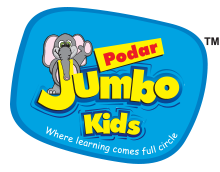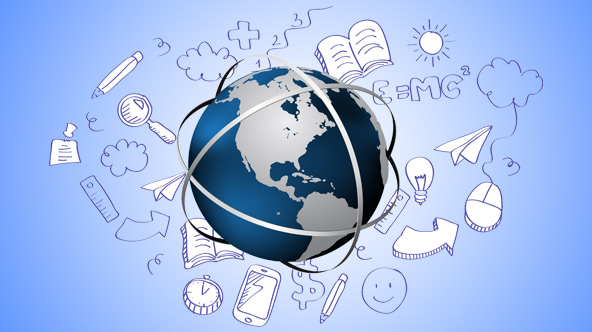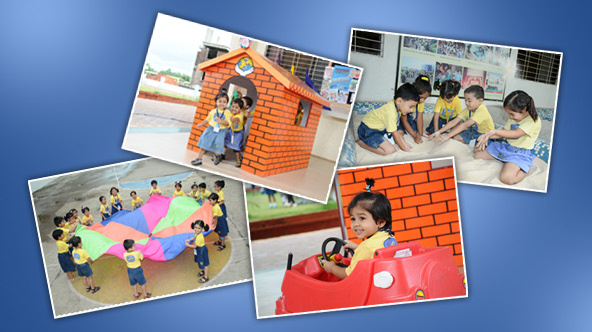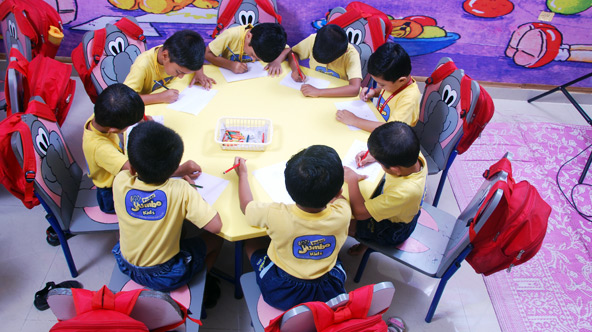The EYFS – Early Years foundation Stage is the curriculum framework of United Kingdom. It sets out and defines the following-
- The 7 areas of learning and development which guide professionals engagement with your child’s play and activities as they learn new skills and knowledge
The EYFS Framework explains how and what your child will be learning to support their healthy development. Your child will be learning skills, acquiring new knowledge and demonstrating their understanding through 7 areas of learning and development.
The Podar Jumbo Kids curriculum is designed to encourage learning outcomes that focus on nurturing children to develop holistically, morally, aesthetically and globally including knowledge acquisition and academic skills. Based on the EYFS curriculum these learning outcomes are divided into the following and in-depth assessments are done at each age-stage on every area of learning.
- Personal Competencies and social development
- Language and literacy skills
- Early numeracy skills
- Knowledge and understanding of the world
- Creative development
- Understanding information and communication technology
- Physical skills and competencies
The 7 areas of learning and development are used to plan your child’s learning and activities. The professionals teaching and supporting your child will make sure that the activities are suited to your child’s unique needs. This is a little bit like a curriculum in primary and secondary schools, but it’s suitable for very young children, and it’s designed to be really flexible so that staff can follow your child’s unique needs and interests.
Children should mostly develop the 3 prime areas first. These are:
- Communication and language;
- Physical development; and
- Personal, social and emotional development.
- Assessments that will tell you about your child’s progress through the EYFS
ASSESSMENT BASED ON EYFS AT PODAR JUMBO KIDS
In-depth Portfolios of each child’s work, activities and checklists of developmental milestones are maintained and shared regularly with parents. Included are also check points from EYFS.






